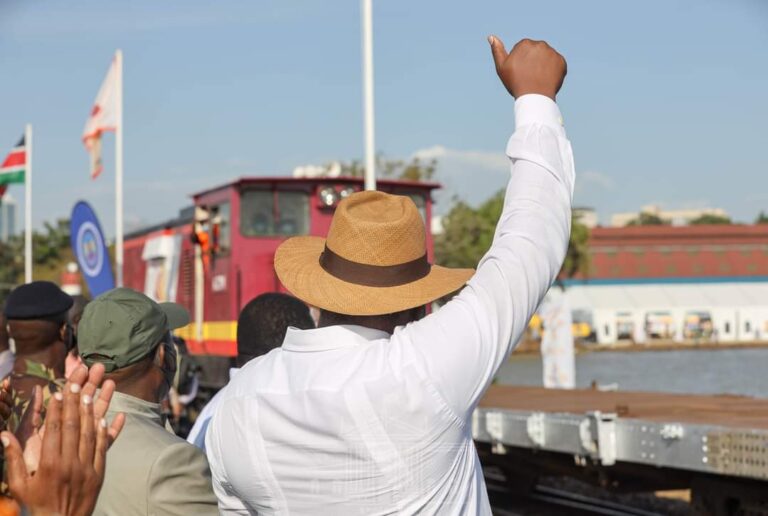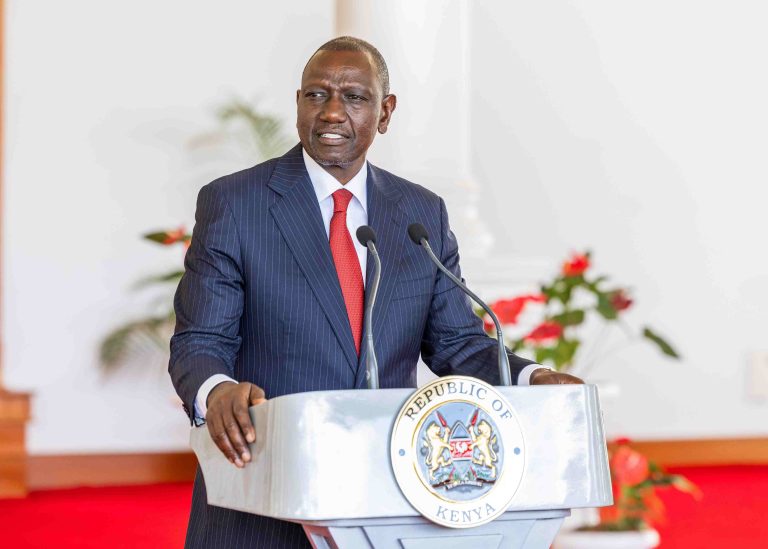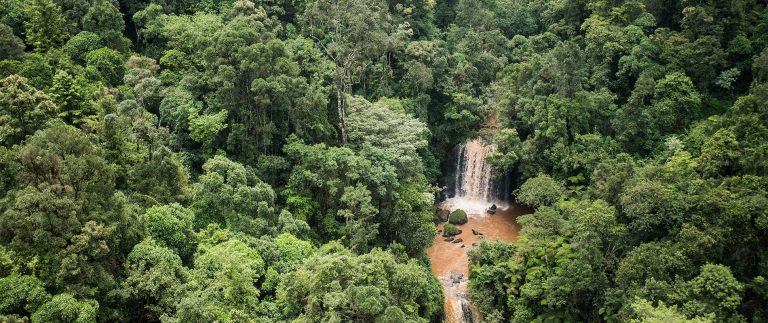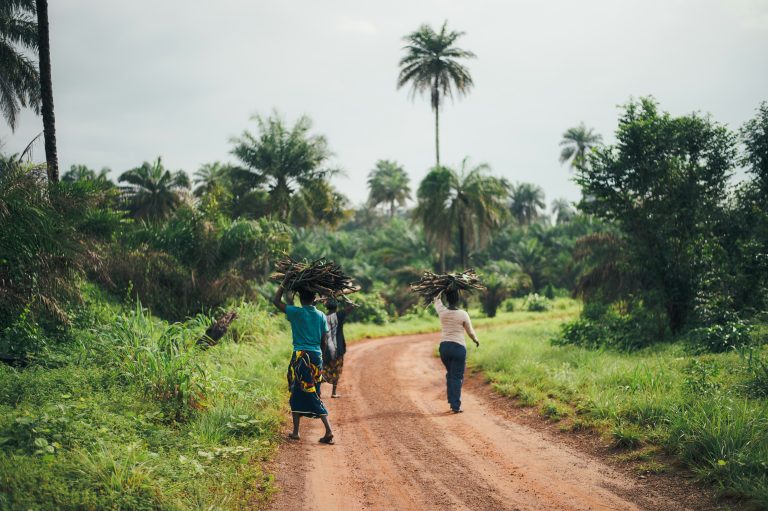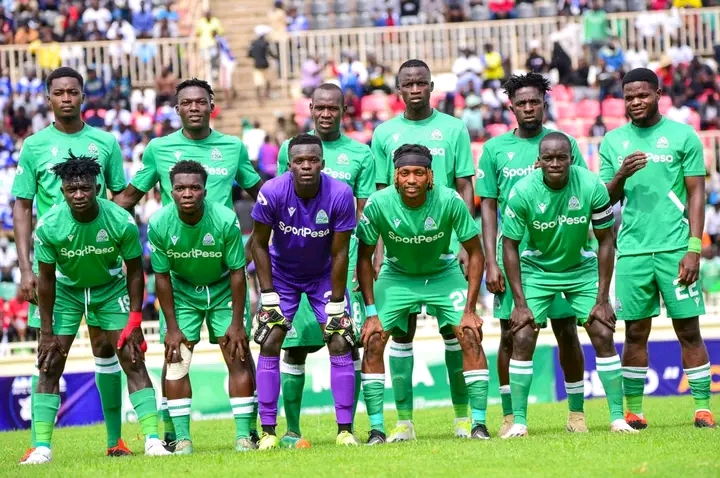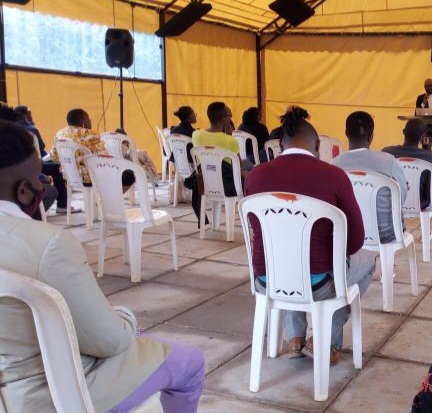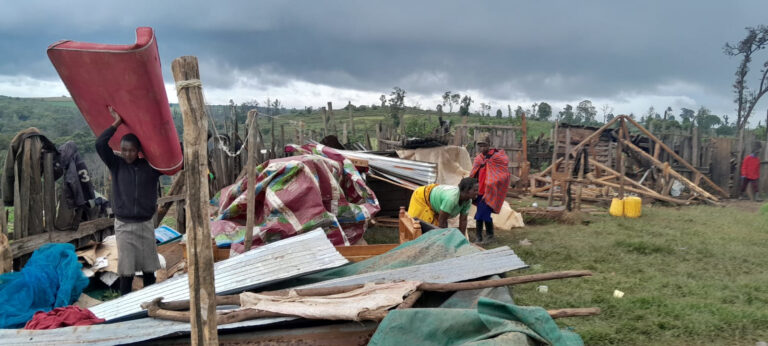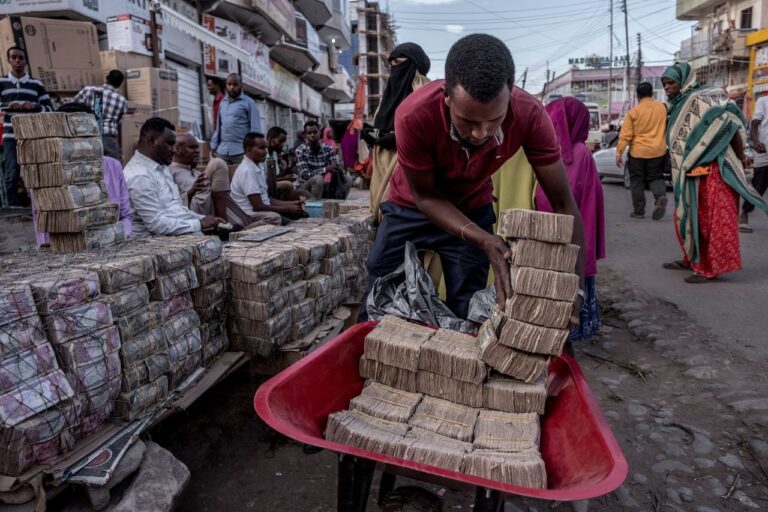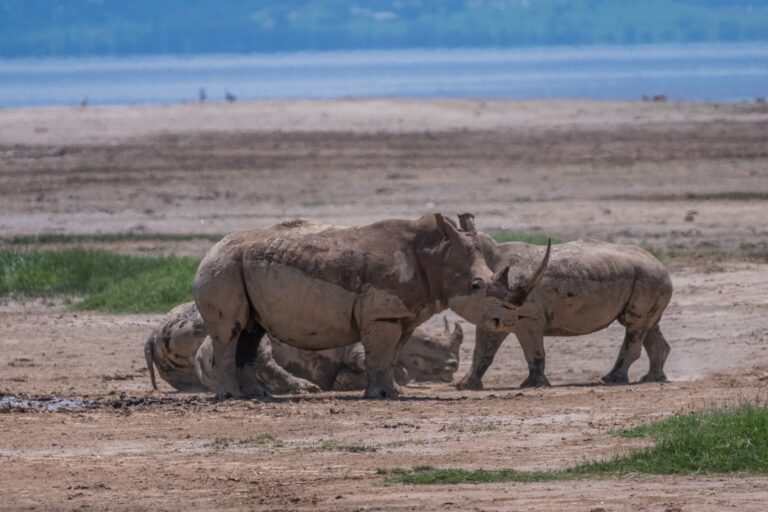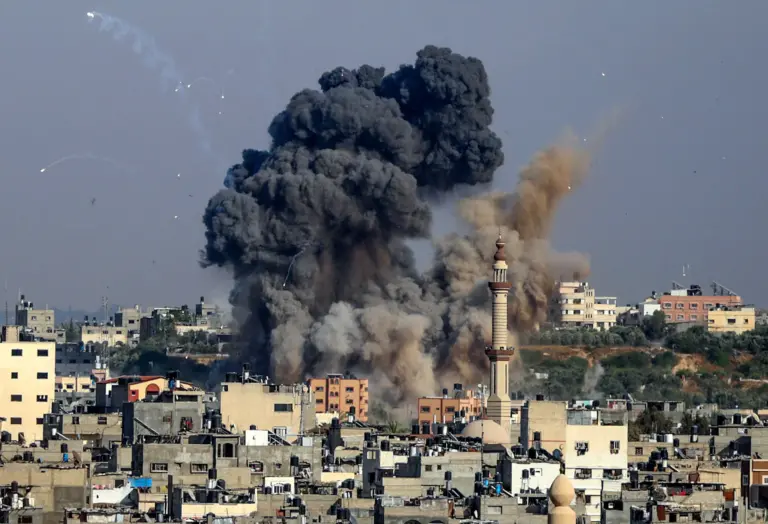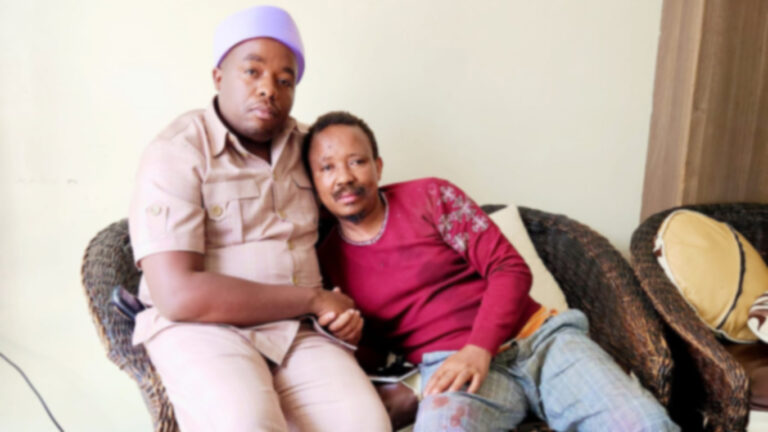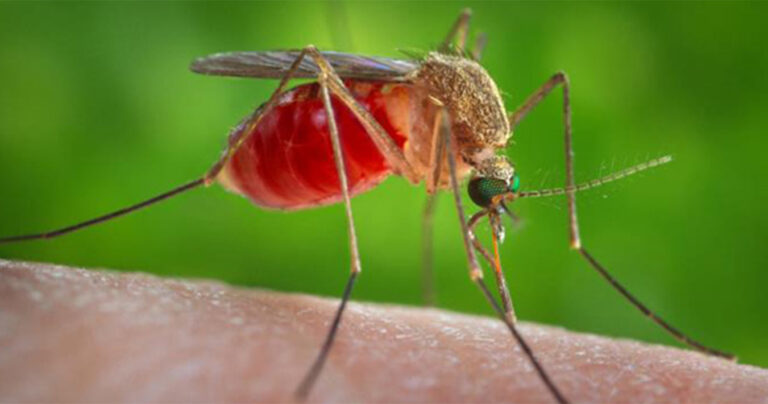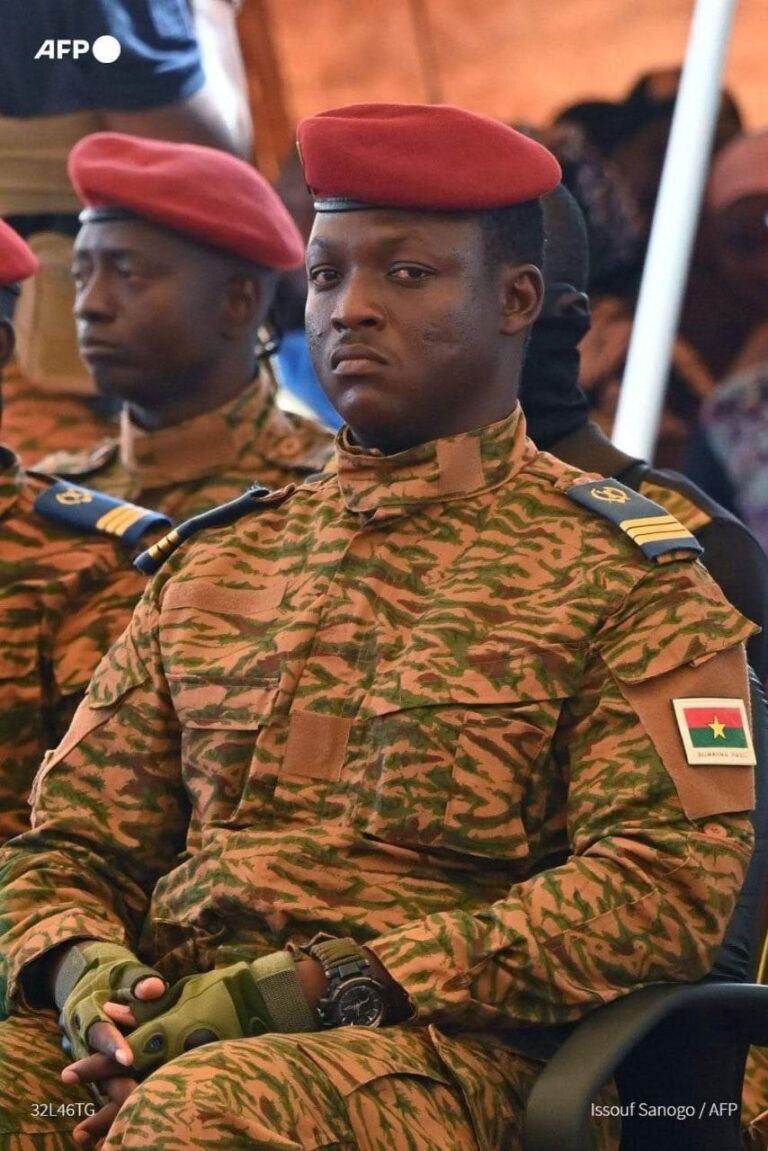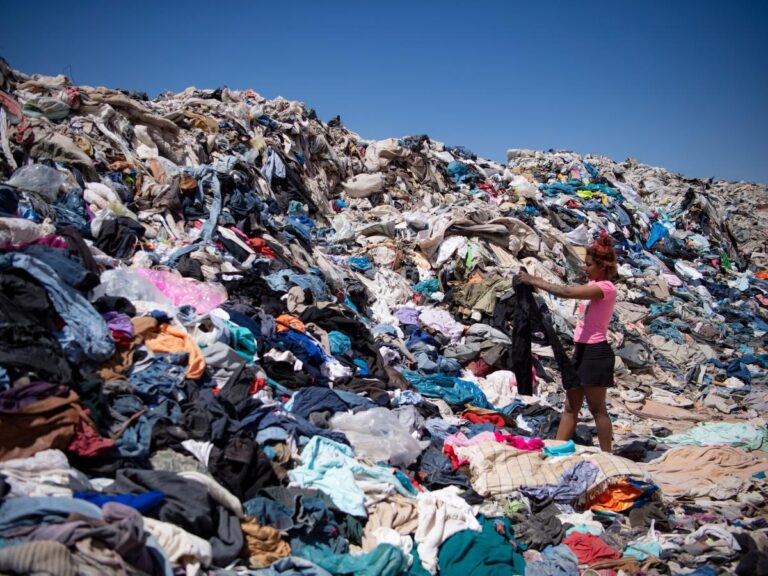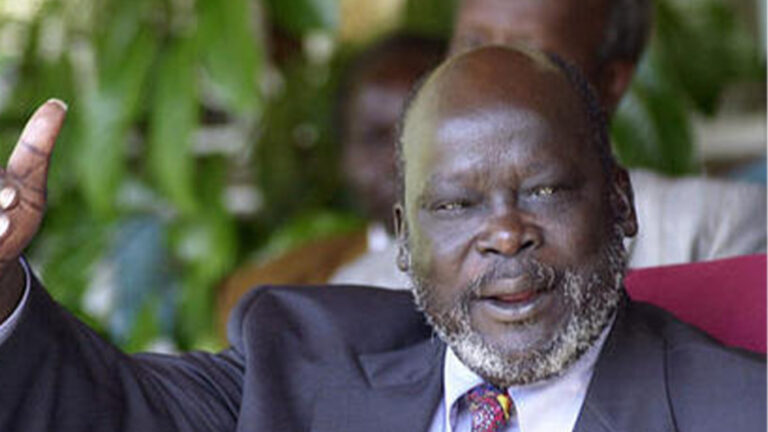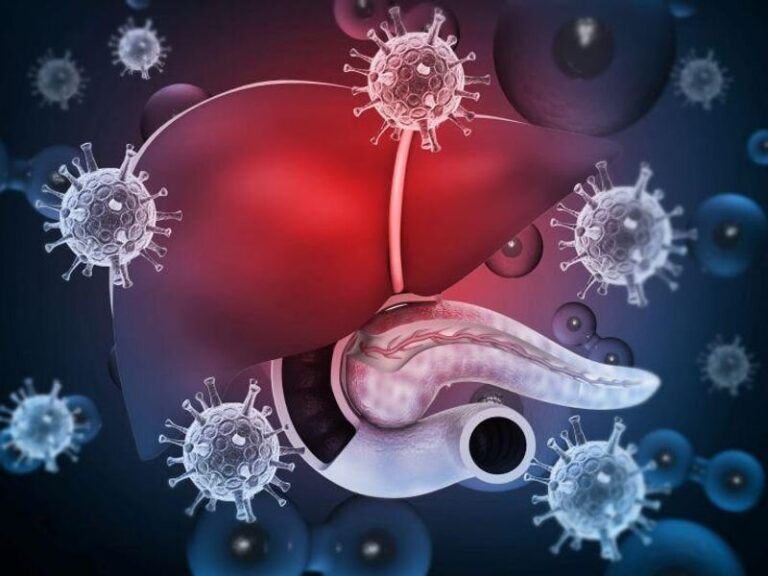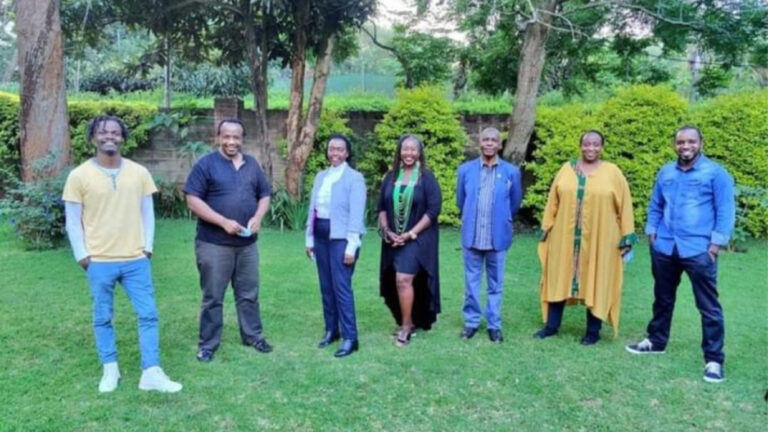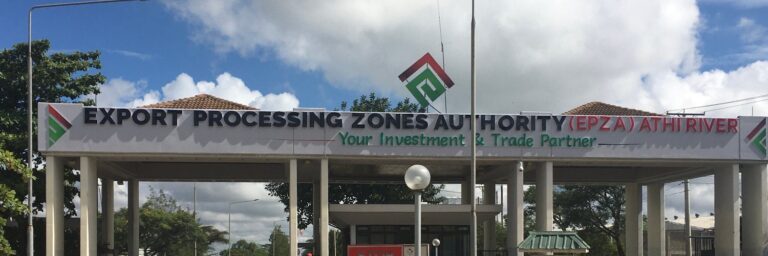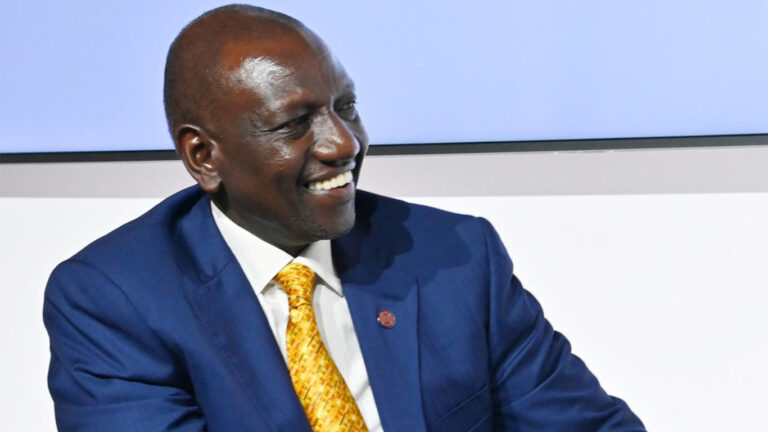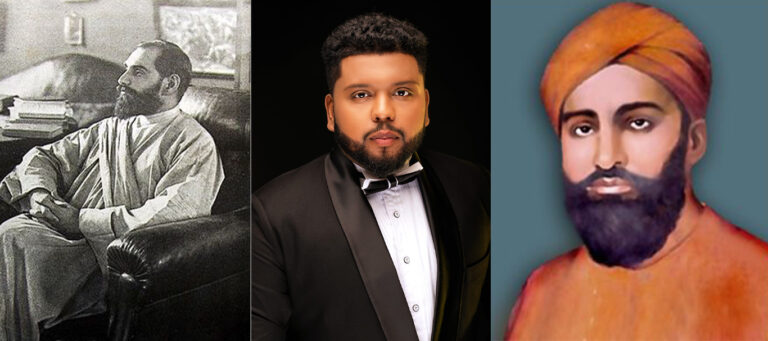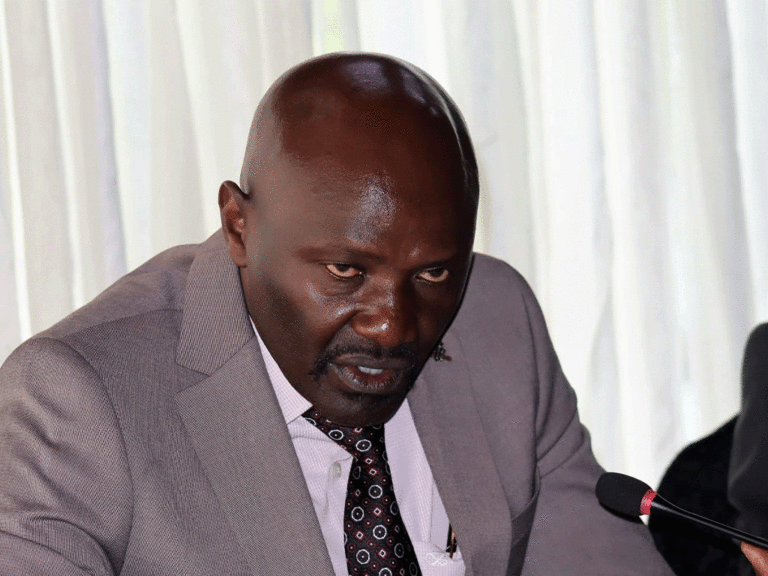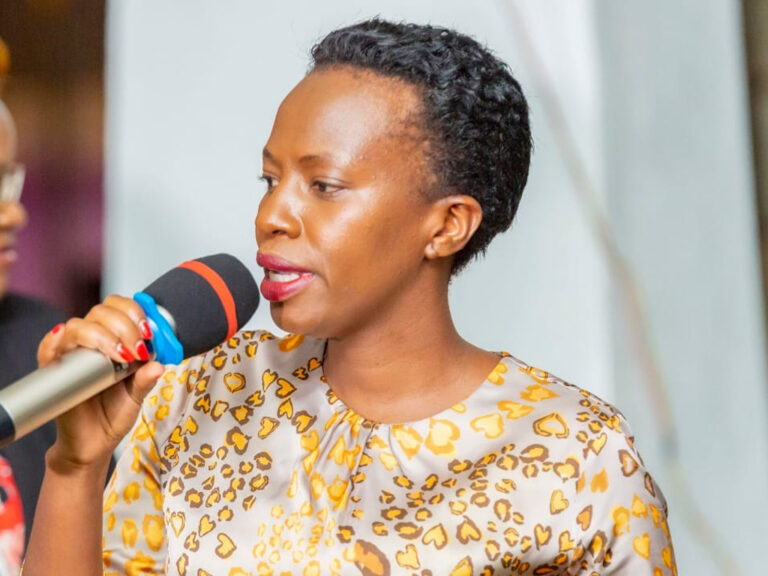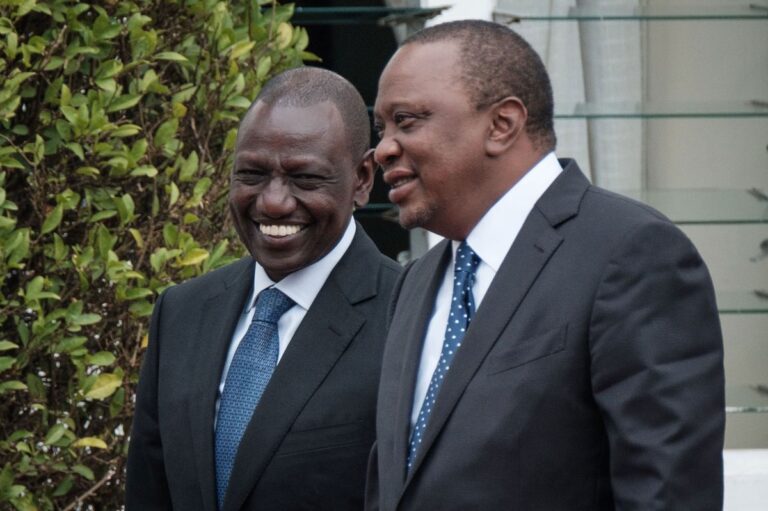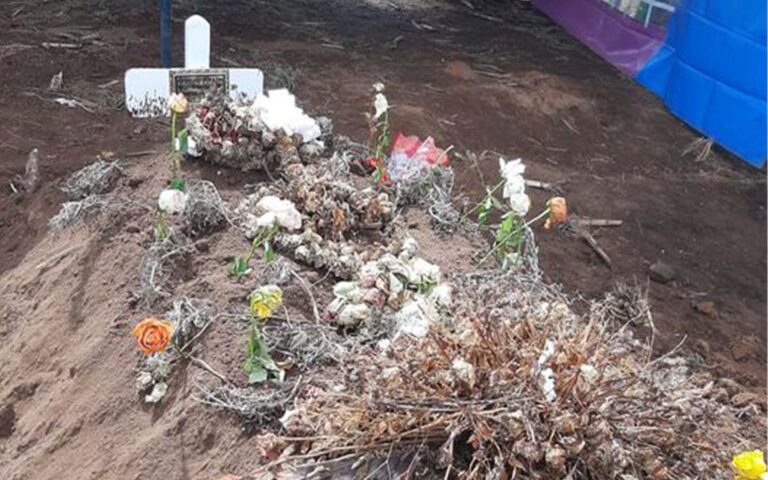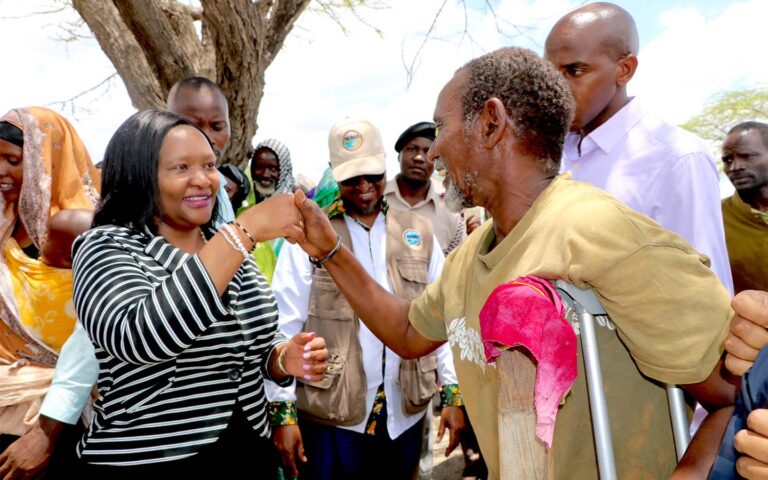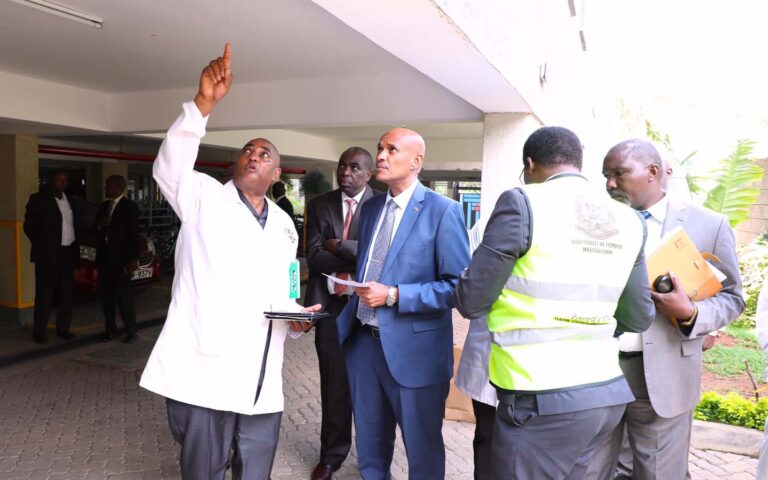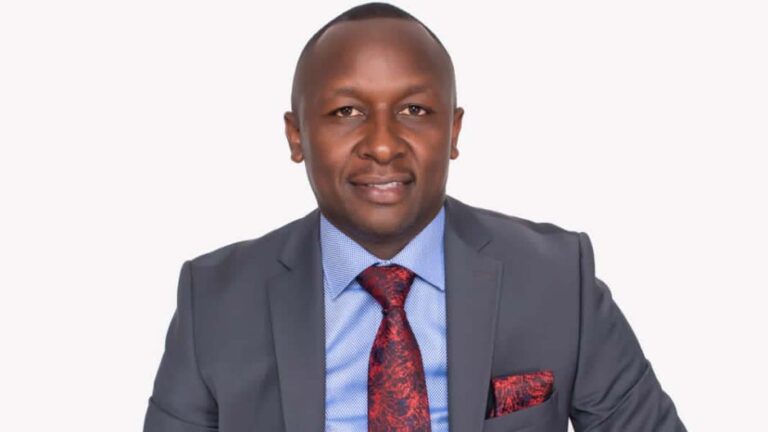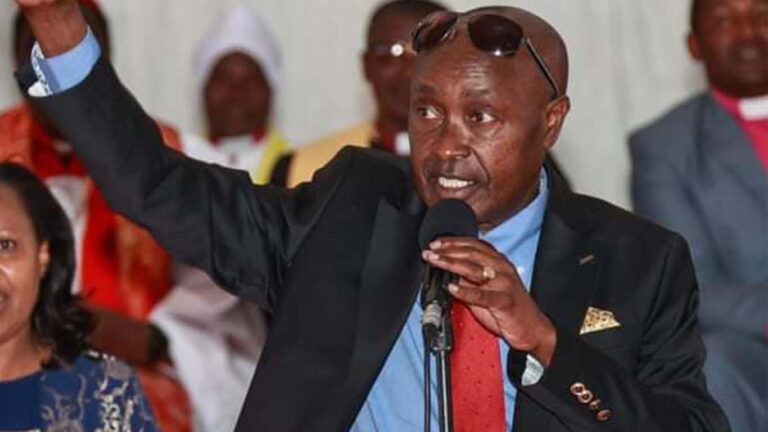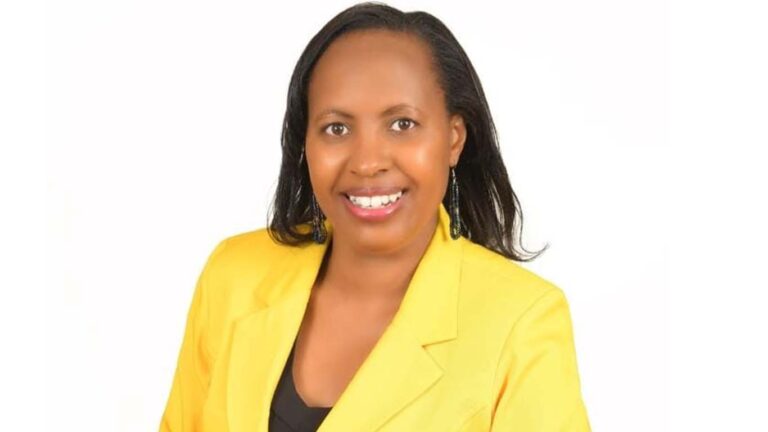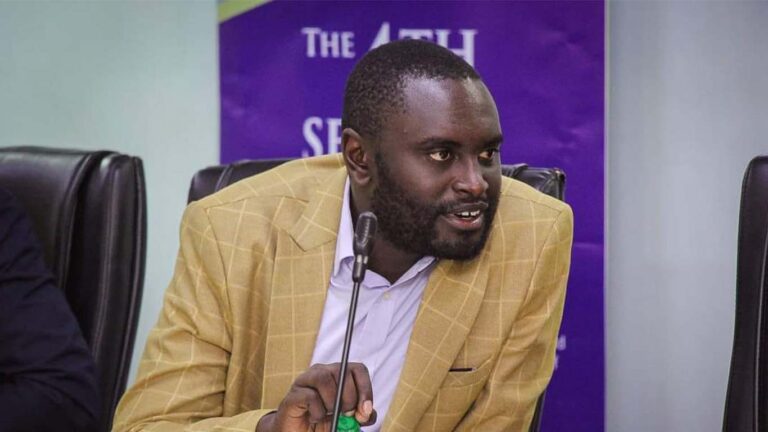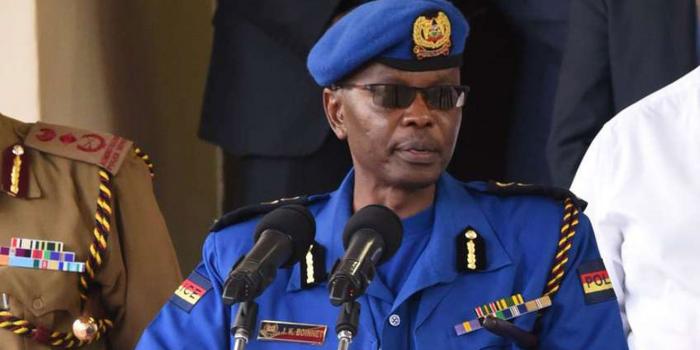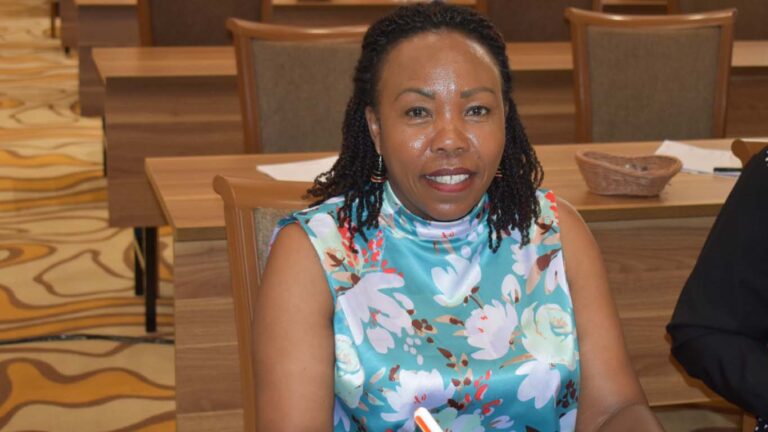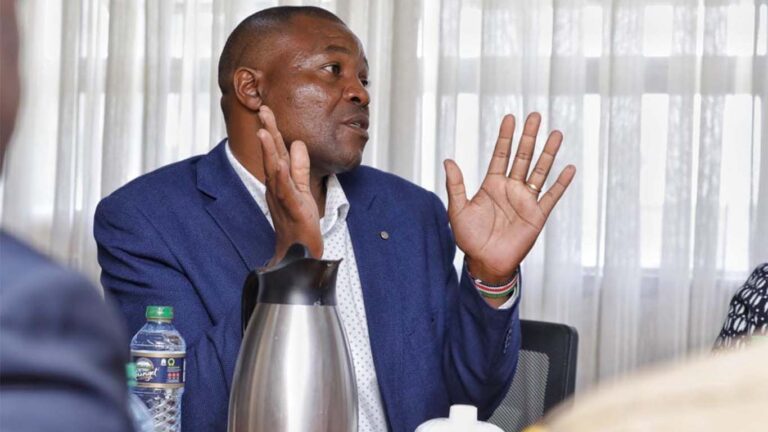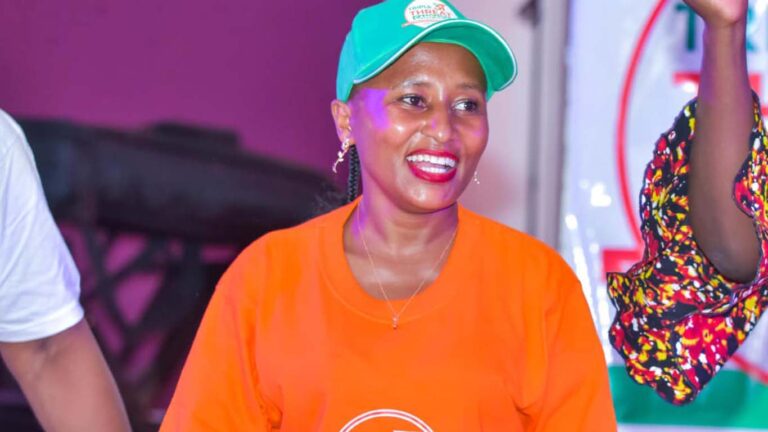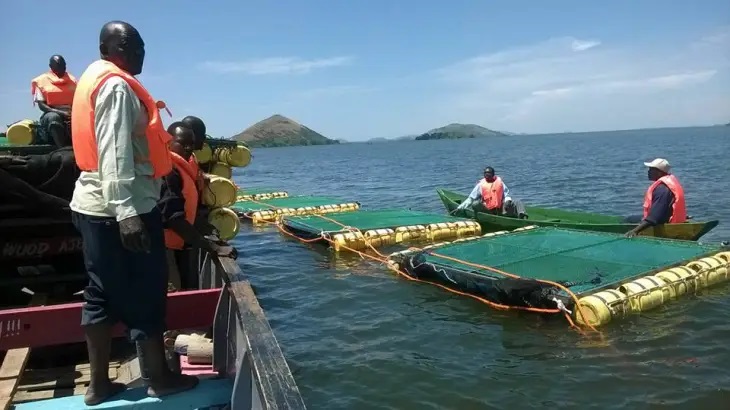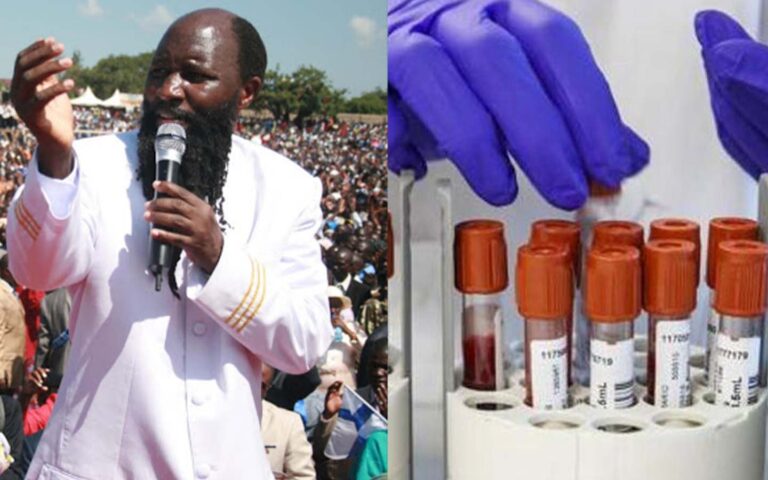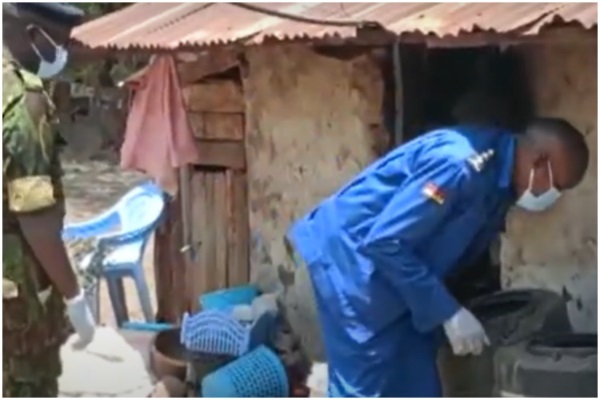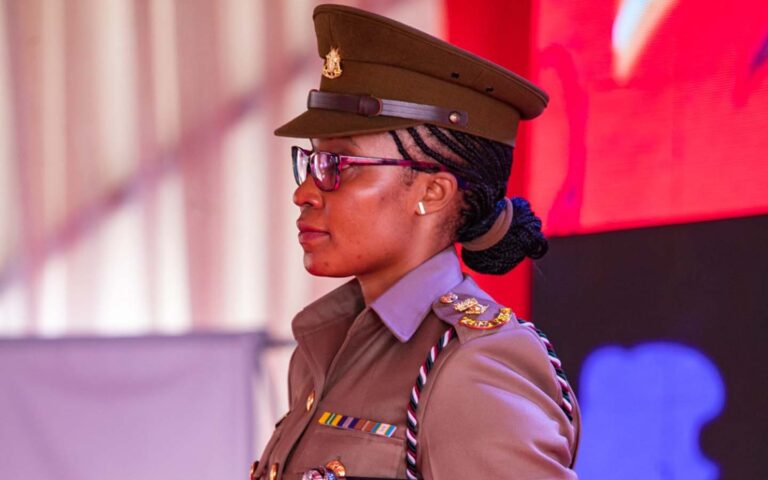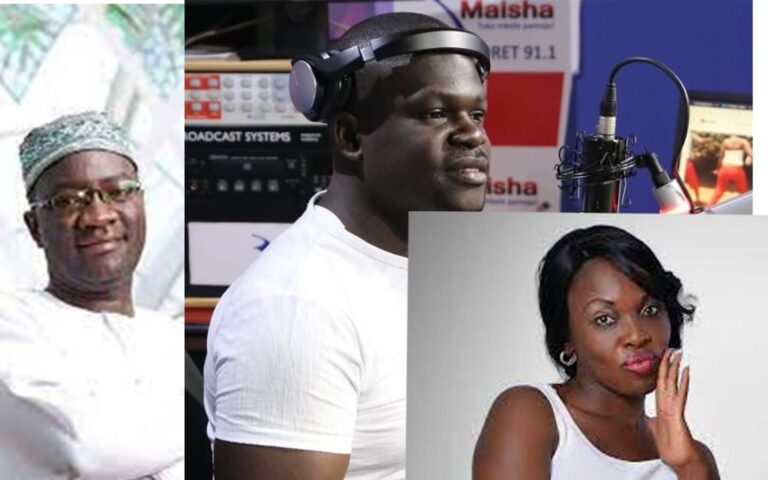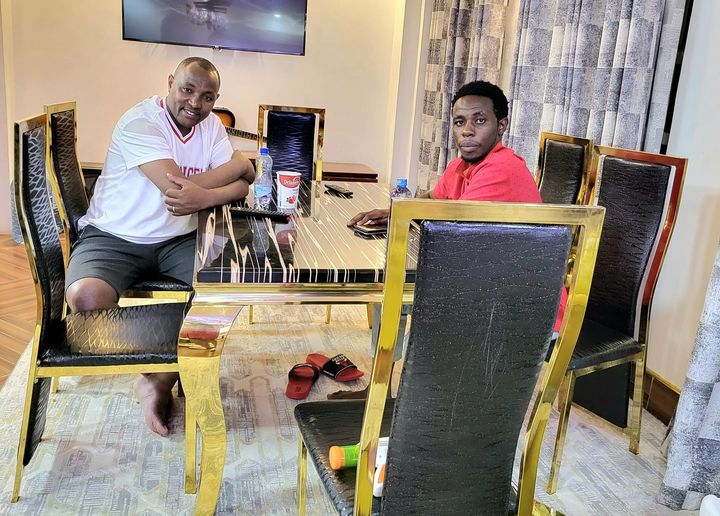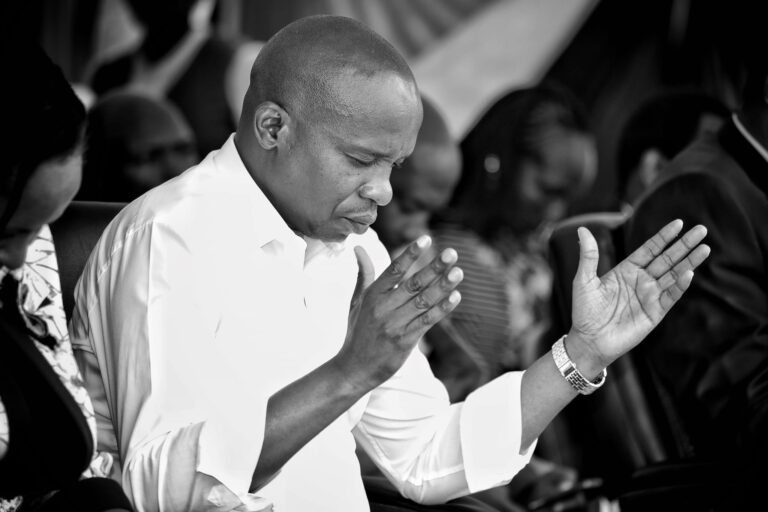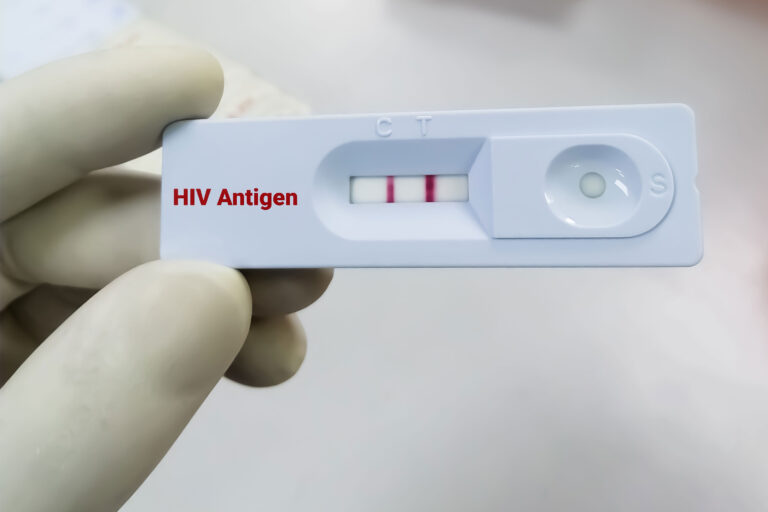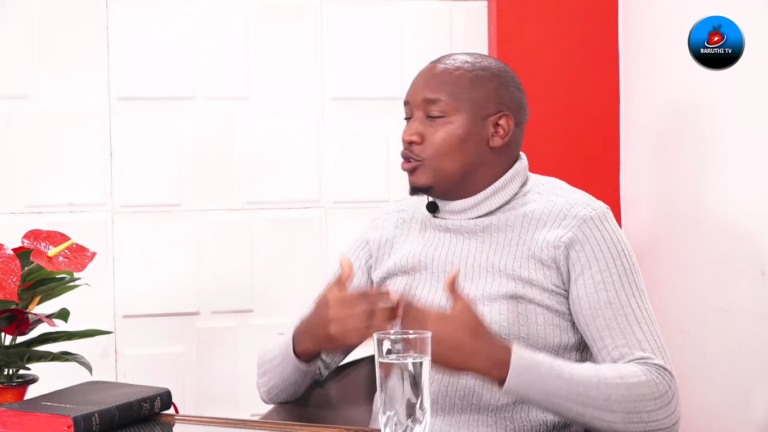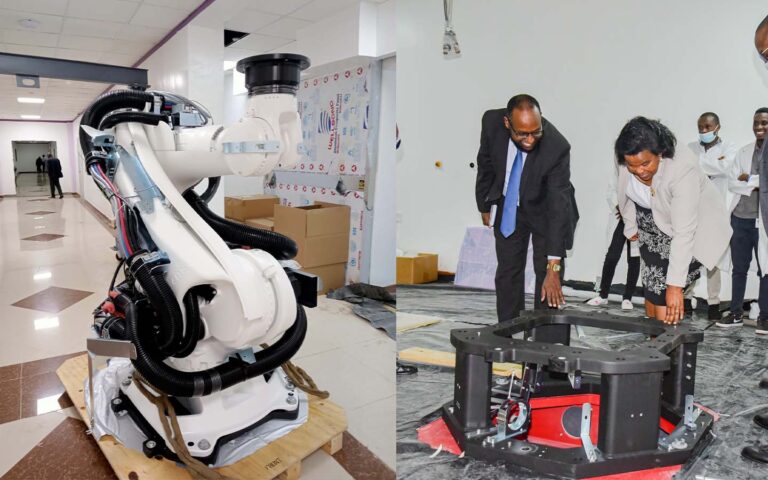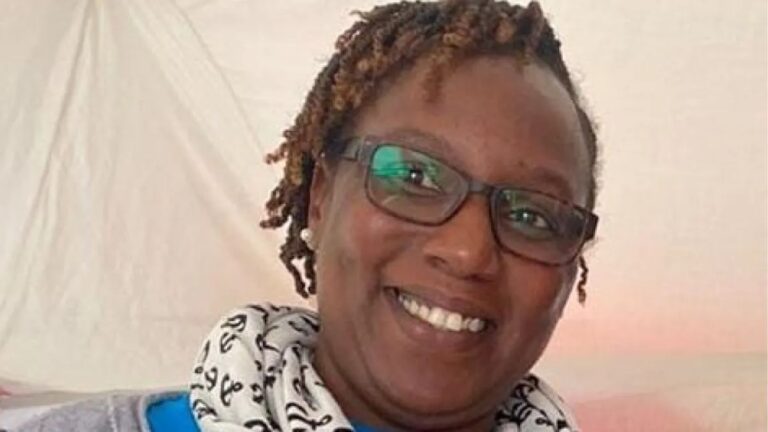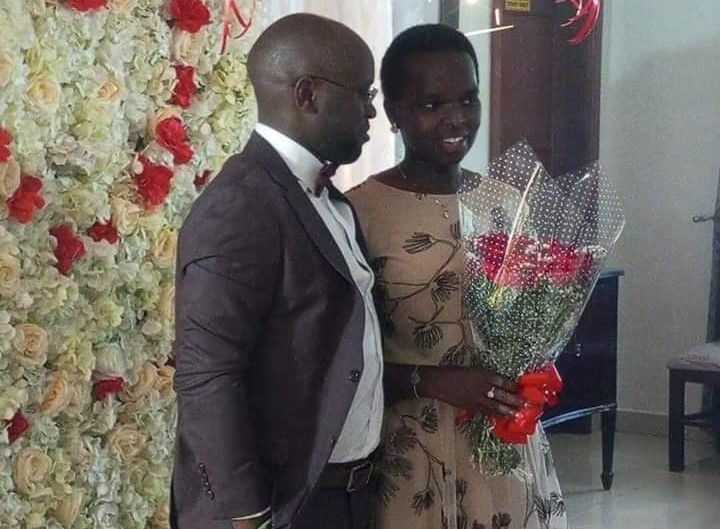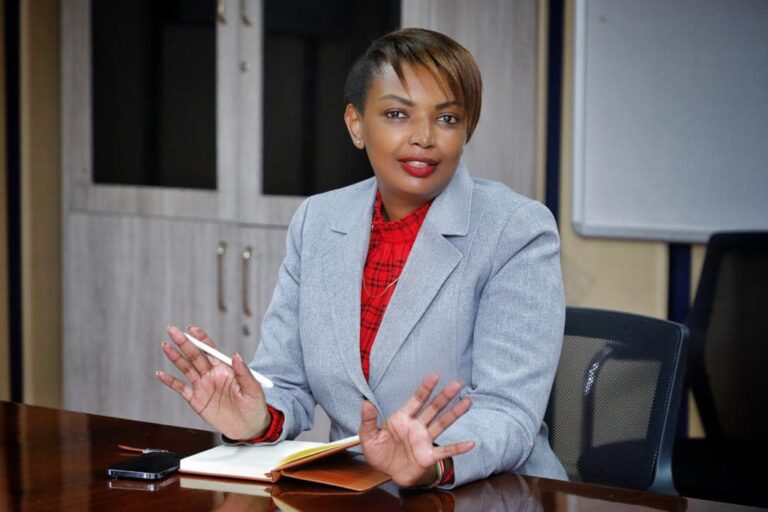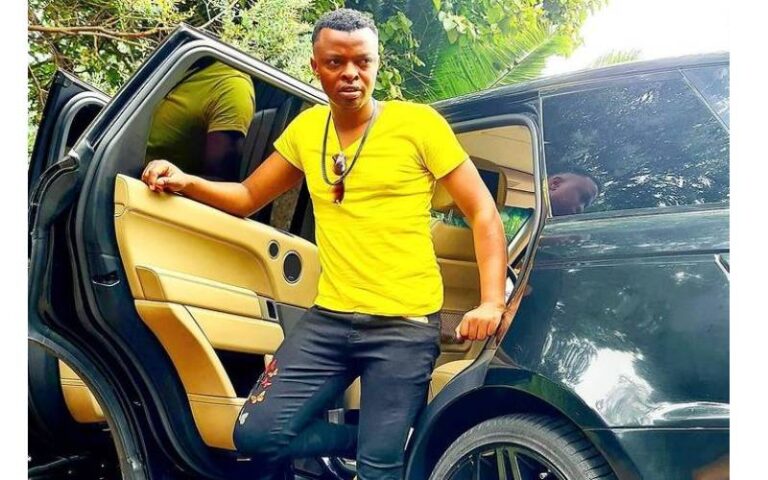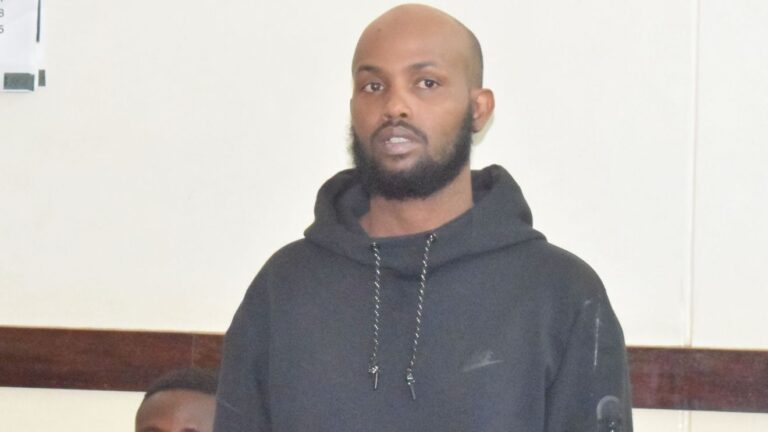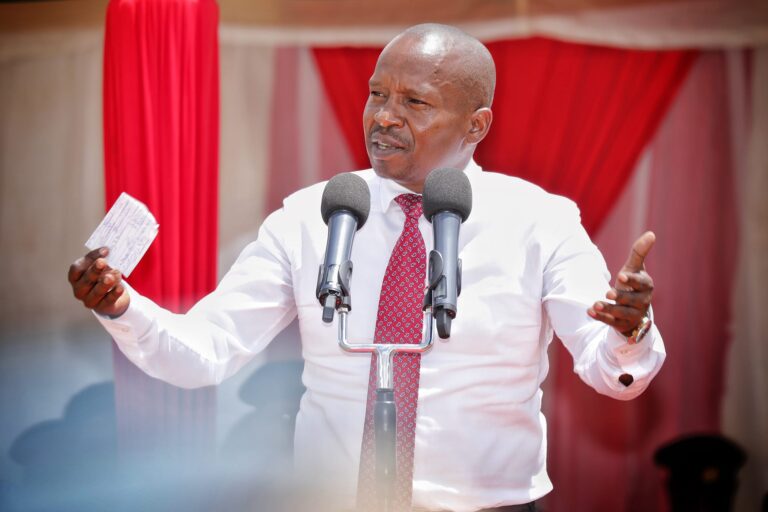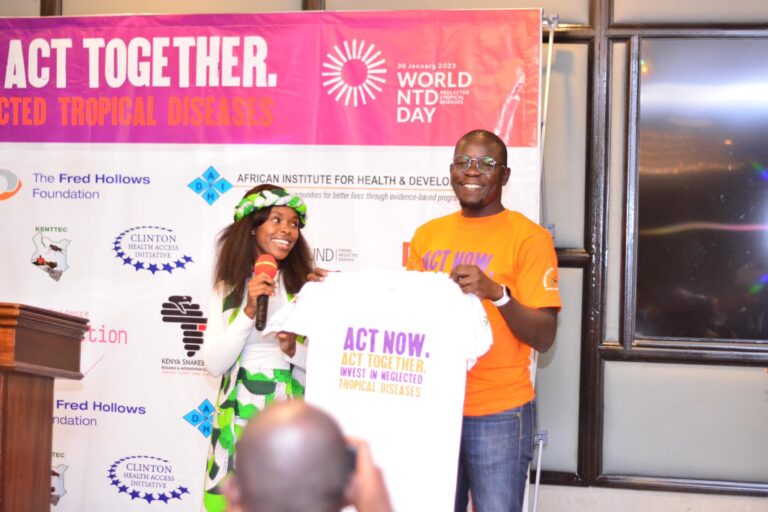Today, the World stands where Europe was in 1945. The United Nations finds itself in the middle of grim and disruptive wars in Ukraine and Gaza amidst ravaging effects of climate change. The post-World War II period started with the creation of the United Nations Organisation aiming at promoting global peace, security, and cooperation.
The UN promotes norms and values of its founder country, the U.S.A. such as economic liberalism in the form of relatively free trade and open markets; political liberalism in the form of representative government and human rights; and other liberal concepts, such as nonaggression, self-determination, and the peaceful settlement of disputes anchored on the U.S.A.
UN Charter
Members agree with the UN Charter on the maintenance of international peace and security; equal rights and self-determination of a people; international cooperation and solving international problems; and serving as a center for harmonizing the actions of nations in attaining common ends (Article 1; UN Charter).
Now the UN is increasingly being ignored, challenged, and shunted aside as new international organizations such as the G20 emerge in an increasingly multipolar world. Organizations such as the BRICS (Brazil, Russia, India, China, and South Africa) are poised to become the world’s principal engine of new demand and spending power.
The BRICS economies oppose a US-dominated order that is propped up by the Dollar and global governance institutions formed after the Second World War. The expansion in BRICS membership and the quest to decouple from the U.S.A dollar through growing trade in national currencies symbolizes a shift in the global landscape.
Voting powers
The five BRICS nations have a combined gross domestic product (GDP) larger than that of the G7 in purchasing power parity terms and are nominally responsible for 26 percent of the global GDP. Despite this, they get only 15 percent of the voting power at the International Monetary Fund
But former Kenyan Prime Minister and opposition leader once in 2020 opined; “the World has no alternative to the United Nations and its support bodies like the World Bank, the International Monetary Fund and the World Health Organisation; and to ideals like international security, free markets and democracy”.
Outdated setup
The UN has offices in Kenya for the United Nations Environment Programme ,the United Nations Centre for Human Settlements, now known as UN-HABITAT and 23 UN agencies operating from Nairobi. Over the past few weeks, Nairobi has played host to two events critical to the United Nations (UN) but did not get much media and public attention. From climate change to poverty, They are global in nature, and the UN fails to deal with them due to its undemocratic, exclusive, and outdated setup.
On May 5, Colombe Cahen-Salvador, Atlas Movements’ UN Secretary General candidate led 100 participants of a workshop through key areas where the U.N. could play a better role in their lives, from fighting deadly flooding to ensuring more equitable access to financing.
Several participants described the UN as an institution that must be dismantled, serving solely the interest of the US and a few countries and rarely achieving its purpose.
Others explained that it is too distant from the people defining this situation as “un-United Nations”. Grievances were also discussed around the unequal treatment of people coming from different member states: for example, one person mentioned how difficult is for someone from Kenya to receive a visa from most Western countries, while it’s almost a given the other way around.
Several specific policy solutions were also aired during the conversation, with Colombe mentioning the need to create a global truth and reconciliation commission to address colonial crimes. Once more, the debate turned around the difficulties of implementing such programs when the most influential nations were not interested in addressing their torts.
On April 28 the Inter Region Economic Network (IREN ) held a media forum where thought leaders discussed papers for on the future of global unity and development.
Poised for change
According to the Director, African Centre for the Study of the United States, University of the Witwatersrand in South Africa Dr. Bob Wekesa September 2024 will be a momentous time for the world as the global governing body, the United Nations (UN), is poised to change if not substantially, at least appreciably.
“With the anticipated changes in the UN, global governance will equally change, and with it, we shall likely begin to view the world in a manner substantially different from that we do today,” noted Dr Wekesa
Even if the current UN reform does not reach the threshold of catalytic reforms, the buzz already created around the UN and global governance will remain on the global agenda for the foreseeable future.
Disrupt the USA
Prof. Macharia Munene of United States International University-Africa and Mr. James Shikwati Founder Director Inter Region Network Kenya agree that Artificial Intelligence (AI) technologies, shifting geopolitical landscape, rising nationalism, and erosion of trust in international institutions are likely to reshape global governance mechanisms. They say; “the rise of both state and non-state consequential powers with the capability to project their national interests globally are likely to disrupt the United States of America-led international order. The stimulation of new multilateral agencies and institutions keen to redistribute power, and decision-making processes is likely to redefine the United Nations systems”.
Dr Wekesa’s discussion paper laid out a brief history of the reform process commonly referred to as the Summit of the Future. The expected shift in the UN architecture follows many years of
calls for the reform of the United Nations in the face of mounting global challenges, not least the geopolitical battle for a more equitable representation by all countries.
Responding to the increasing calls for equity in representation as well as addressing various planetary issues, the UN Secretary-General, Antonio Guterres, launched a “Global Conversation” in early 2020 amidst the COVID-19 pandemic.
It is the time, the third African Sovereign Wealth and Pension Fund Leaders Forum Covid-19 Roundtable agreed to redouble efforts to facilitate infrastructure co-investment partnerships with African governments and development finance partners. The group has its focus on industrial infrastructure related to the African Continental Free Trade Agreement, as well as healthcare and agriculture sectors.
In September 2020, world leaders attending that year’s UN General Assembly made the consequential “Declaration on the Commemoration of the Seventy-fifth Anniversary of the United Nations.” As the declaration noted, the world had changed manifold since the establishment of the UN, more than seven decades ago. Yet, the UN had lagged behind these changes therefore being mismatched with the realities of the twenty-first century.
Calls for the reform of the Security Council have been given lip service, while the peace and security architecture was fraying at the seams as underlined by the Russia-Ukraine war and eventually, the Israel-Palestine war.
Upgrade the UN
This called for an “upgrade of the United Nations”. The declaration noted the 2015 “Addis Ababa Action Agenda on Financing for Development was key to the implementation of the 2030 Agenda”, which had fallen short in implementation. This had impeded the achievement of the UN Agenda 2030 on sustainable development with the deadline for achieving the seventeen goals fast approaching.
The international landscape is undergoing structural shifts partly due to technology such as advances in Artificial Intelligence (AI) and geopolitical dynamics. As a result, there is loss of legitimacy in the current institutions of governance, the UN systems and Bretton Woods institutions appear incapable of solving global challenges have put multilateralism in crisis.
“Major geopolitical rivals, namely U.S.A, China and Russia have put Artificial Intelligence at the center of their national strategies,” assert Prof. Macharia and Mr Shikwati noting the disparities between developed and developing countries in terms of conditions, possibilities, and capacities to produce new scientific and technological knowledge and to generate innovation.
Political observers have for decades believed that liberal democracy offered the only plausible future pathways for big, industrially sophisticated countries to make their citizens rich.
By allowing governments to monitor, understand, and control their citizens far more effectively than ever before, AI offers a way for big, economically advanced countries to make their citizens rich while maintaining control over them—the first since the end of the Cold War.
Huge gap
A huge gap exists between developed and developing countries when it comes to AI development and deployment which if not closed will lead to further inequalities between the Global North and Global South.
They say, AI is a power multiplier, enabling the management, processing, and application of vast amounts of information. A country or government that can effectively use, manage, and control AI will possess the power to rule and govern the world”.
Human rights
However, from Mauritania Dr. Brahim Khlil,an independent researcher with a focus on Sustainable Development and Industrial Innovation is convinced that the intricate web of today’s world, where power no longer resides solely in the hands of a few but is shared across multiple global entities, the United Nations (UN) shines as a beacon of collective action and diplomacy” knitting together peace, development, and human rights efforts, especially within the vibrant continent of Africa”.
UN solidifies its position as an essential force for global peace and development. This strategic focus and dedicated support from the UN are crucial for tackling the global challenges of an interlinked world.






